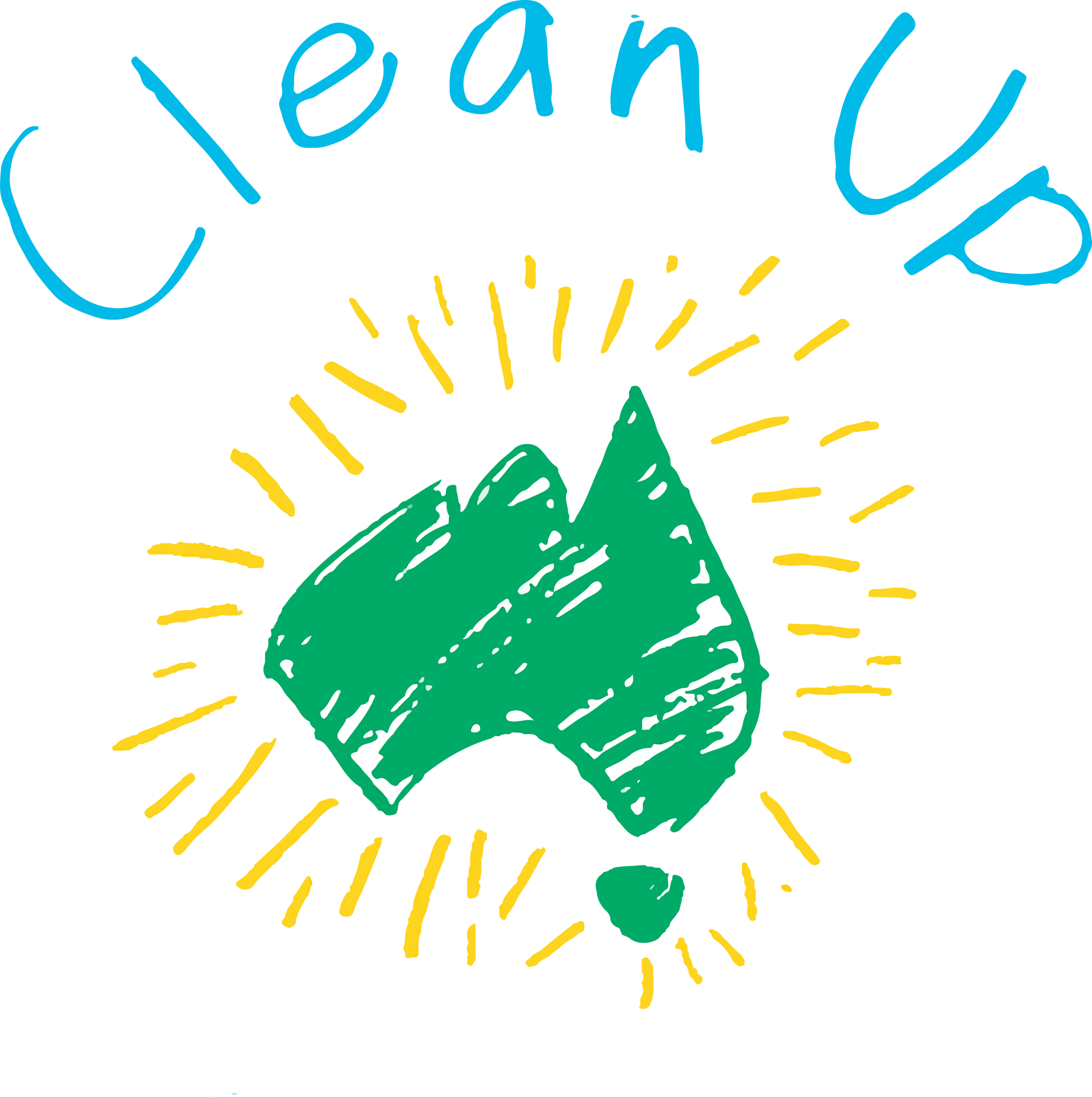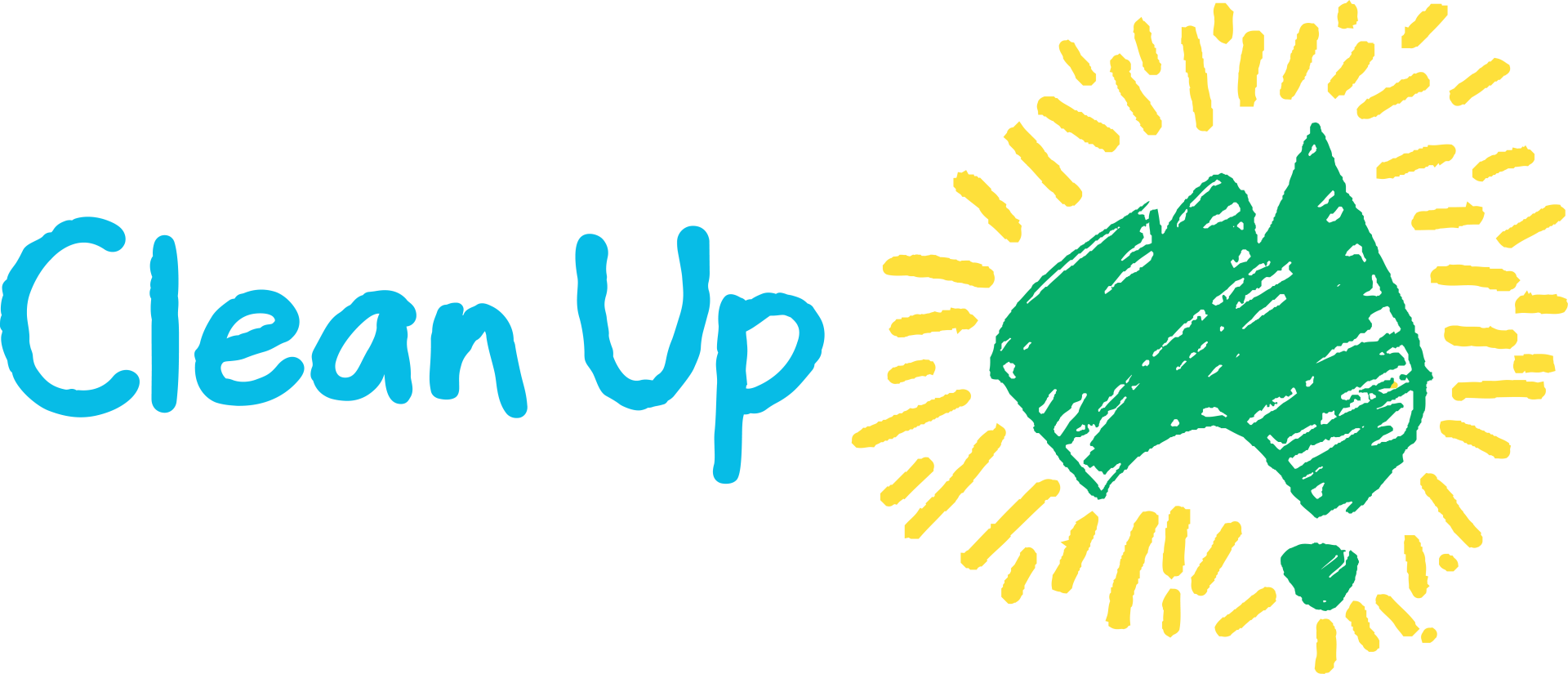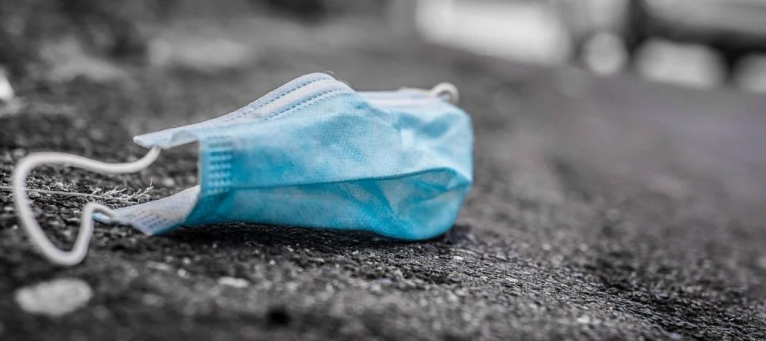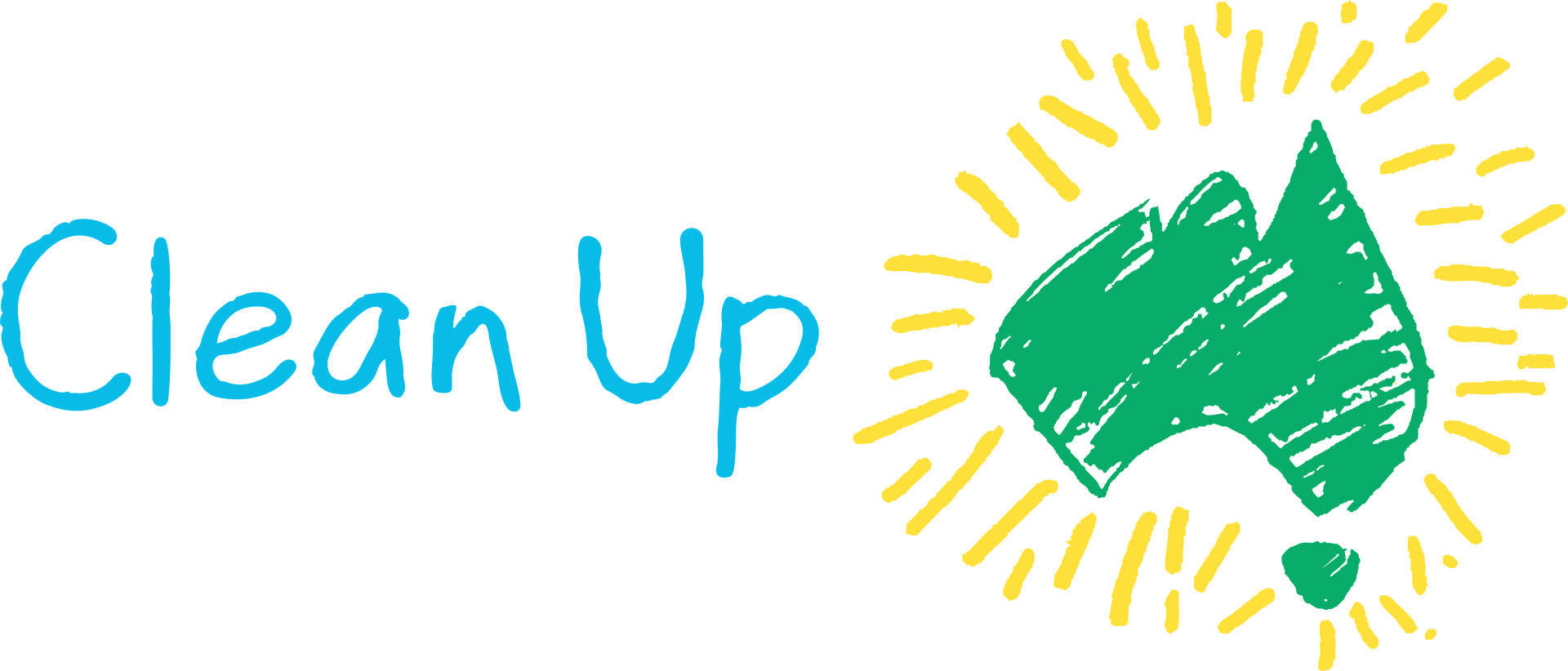We're wrapping up Plastic Free July (in a beeswax cloth of course)
by Doug Whyte
We’re looking at the current state of single-use plastics. How’s Australia doing? Has COVID-19 exacerbated the problem? And is there cause for hope?

COVID-19 breathes new life into an old enemy
Just when avoiding single-plastic was becoming normal, a pandemic decides to hit.
As I write this, COVID-19 has clocked over 16 million cases, claimed more than 650,000 lives and forced people all around the world into lockdowns they never saw coming.
One of the many side effects of the pandemic? The renaissance of single-use plastics.
Of course, some parts of the increase have been unavoidable, particularly in protecting our frontline workers with personal protective equipment (PPE) such as medical masks, gloves and gowns.
Citing concerns around hygiene and health, many cafes have banned reusable mugs, while some restaurants have only been able to offer takeaway or delivery.
We’ve also seen record demand for disposable wipes, cleaning agents and hand sanitisers – products that all come neatly wrapped in their own single-use plastic skins.
In Australia, the ACT and South Australia have pushed back bans on certain single-use plastics. The same thing is happening in the UK, while over in the US, some states have reversed bans completely.
With plummeting oil prices, virgin plastic is also cheaper than recycled plastic. This means manufacturers have some tough decisions to make, as the economic viability of recycling systems is put under the pump.
On top of this, players in the plastics and packaging industries have used the pandemic to their advantage, pressuring governments to push back bans and arguing that single-use bags are safer than reusable ones.
This is all happening despite recent research pointing out that coronavirus may last longer on plastic than on other materials. There’s also little evidence to suggest that plastic bags are safer.
So in between lockdowns, health fears and a rollercoaster of restrictions, the war on single-use plastics has certainly seen better days. And reducing plastic has been tricky – even for the most environmentally-minded among us.
High hopes in low times
While we’re still on coronavirus, it’s worth pointing out that where there’s a relapse – there’s always resilience.
Over 125 health experts from 19 countries have signed a statement defending the safety of reusables during the pandemic.
In Australia, the Boomerang Alliance has released plastic-free takeaway guides through its Plastic Free Places program – offering up handy information on how to avoid single-use plastics, as well as compostable packaging alternatives.
This echoes the Victorian Government’s position that “there is currently no evidence to suggest any benefit in switching to disposable, single-use food and beverage containers, cutlery and crockery.”
COVID-19 may have interrupted the war on plastic, shifting our attention away from environmental concerns to health matters, but it’s important to look at the bigger picture.
Hundreds of jurisdictions around the world have held true to their policies on single-use plastics. Many leading companies are also sticking to their guns and refusing to back out of agreements like The New Plastics Economy Global Commitment and UK Plastics Pact.
Before the pandemic rolled in, the world had already woken up to the scourge of single-use plastics. We’d also become accustomed to the shocking pervasiveness of plastic in nature. The horror stories of beached whales brimming with gloves, cups, tubing and nets. The heartbreaking footage of a straw being pulled out of turtle’s nose. The giant vortexes of trash swirling around the oceans.
We now know that nearly all seabirds on the planet have ingested plastic of some kind – claiming more than 1,000,000 lives every year. And that microplastics are so freakishly abundant that they end up on our plates.
In Australia, the decision by Asian countries to reject our waste has highlighted our domestic recycling failures – prompting multimillion dollar investments in the sector. On a broader level, there’s also a growing push to build a green recovery from the ashes of the pandemic.
The point is, even though we’re living through some of the darkest days in recent memory, there’s still hope. And as much as the onus for greater restrictions, unity and leadership should lie with local and federal governments, policymakers and industry, the power also lies with the consumer (yes, you!).
So, bring your own reusable shopping bag, ditch the plastic wrap, buy a refillable water bottle, go with wooden and metal straws, REDcycle your soft plastics, and chat to your local cafes and restaurants about alternative containers and cutlery.
These are just some of the many things you can do right now to keep the momentum going. Because when the pandemic comes to end, single-use plastics will still be around – and it’s the small actions that can often make the biggest difference.
Doug Whyte is a writer and copywriter from Sydney with a strong interest in environmental issues and sustainability.
Search for other blog topics:




